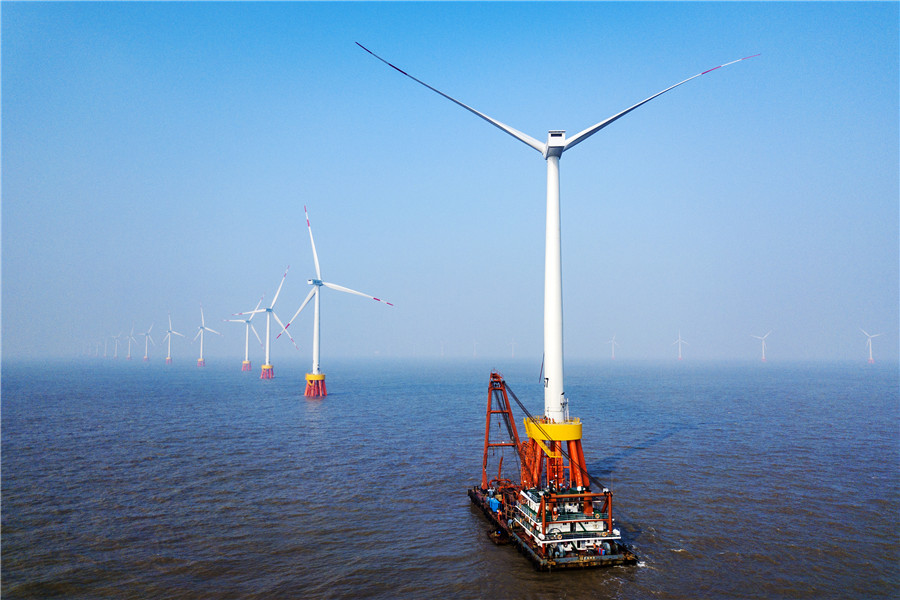Amid COVID pandemic, investors prefer firms that have heart and soul


The COVID-19 pandemic is proving to be a sort of stress test for corporate resilience. Companies that can survive the market turmoil may still need extraordinary risk-management skills related to labor practices, supply chain and operations, going forward.
Data related to environmental, social and governance (ESG) investing have been a useful tool for investors to screen companies with more positive sentiment amid the unprecedented crisis. Some studies have shown that higher ESG ratings can bring companies higher institutional investor money flows than what competitors that ignore ESG receive.
This trend raises certain questions. Do investors differentiate companies based on a company's ability to reposition and respond to key ESG issues during the volatile period? Did this impact company returns?
A research jointly conducted by State Street Associates and Harvard Business School indicated that companies with labor and supply chain practices that were seen as protecting employees and taking action to secure their supply chain experienced higher institutional money flows and less negative returns, especially when those practices were salient.
Experts agreed that it is critical that a company that takes ESG issues seriously now more than ever should be evaluated as resilient that can maintain investors' trust.
Given the rapid increase in ESG-related investment amount globally, it is imperative for asset managers to explain clearly how these evaluation metrics could affect the equity or debt issuers, as well as relevant financial products.
Fund managers say they are keen on "sustainable", "green" and "responsible". Well, the truth is, investors may not receive enough information that can allow them to make proper investment choices. That's why, financial regulators in China and the United States have called for mandatory information disclosure of ESG products.
A senior regulator of the US Securities and Exchange Commission recently questioned if asset managers were using ESG as a "virtue signaling tactic" to present themselves favorably to investors that wanted to achieve the double benefit of doing well financially while also doing good for society, as Financial Times reported.
The ESG standards should represent a much higher quality of corporate operations and economic development, not become a fancy label for marketing campaigns of financial products, especially when some countries, including China, are stepping into the recovery phase after the COVID-19 outbreak.
Governments are finding ways to develop sustainable economic recovery packages. Some economists warned that prioritized emission-intensive projects in COVID-19 recovery plans would expose national economies to escalating financial, health and social risks in coming years.
Some suggested guiding principles to help create sustainable recovery plans. For example, governments should not backslide on the Paris Agreement commitments, and companies that receive government support should be required to address climate risk and cut emissions.
They also said that facilitating investment, both public and private, in net zero emissions opportunities must be prioritized. And investor participation must be embedded across these principles and reach the higher ESG standards.
China has committed to the Paris Agreement and it would not change due to the pandemic. The high-level financial regulators and economic planners also removed clean coal from green bonds projects taxonomy, a measure which will allow more international investors easier access to the Chinese green bond market.
Also, the People's Bank of China, the central bank, and its global peers formed a network, which is paying attention to the new climate scenarios in the world and helps financial markets price in the climate risks.
All signs show ESG topics will be much popular in the post-pandemic era, and new standards are expected to make financial investments more efficient to support the "green recovery" and sustainable development.




































